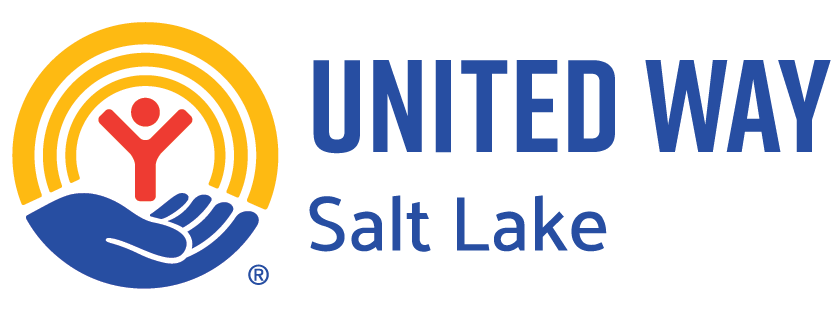Blog
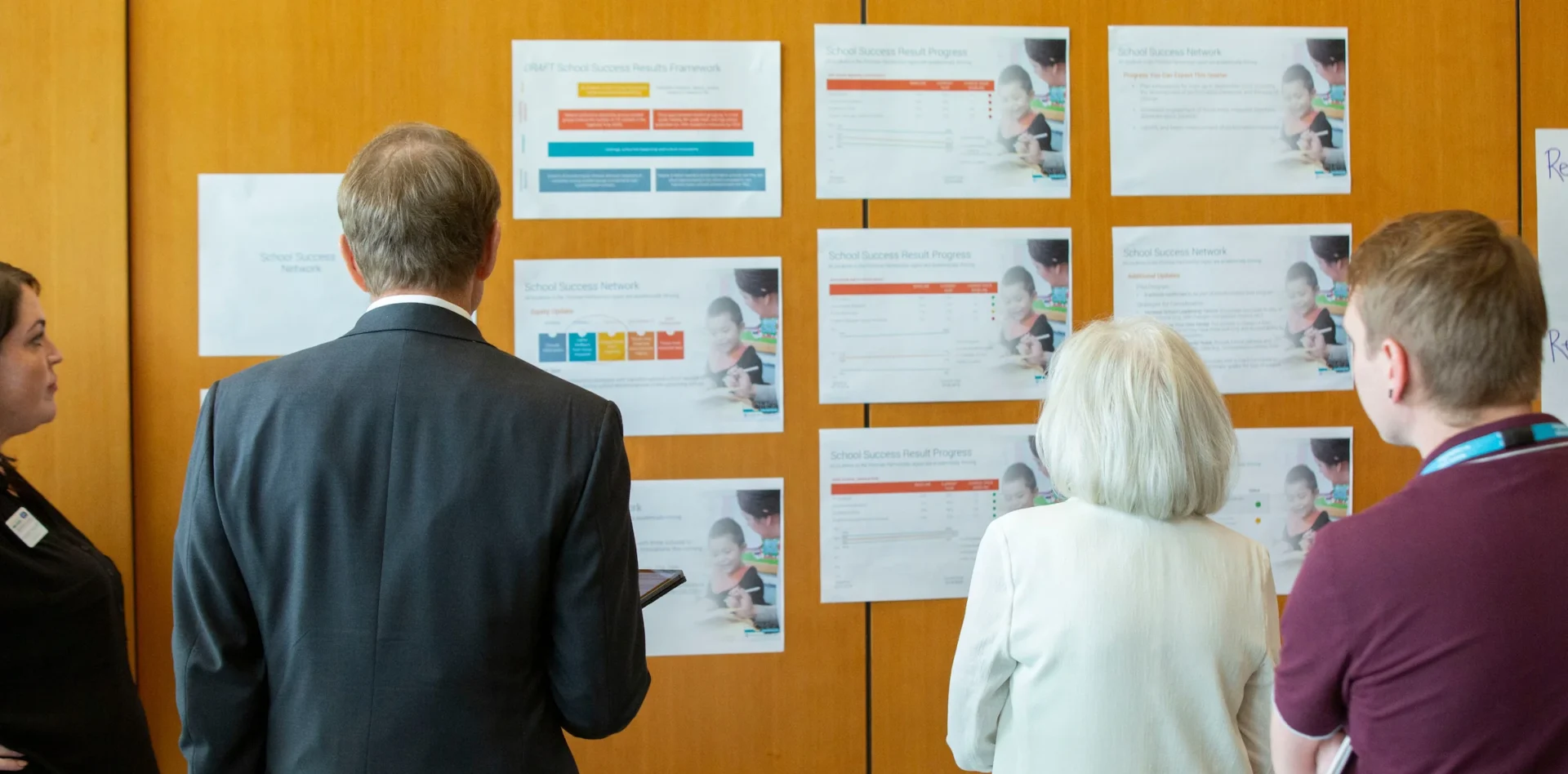
Community Voices
Read stories about the impact of United Way of Salt Lake’s work to improve basic needs and education outcomes in our community.
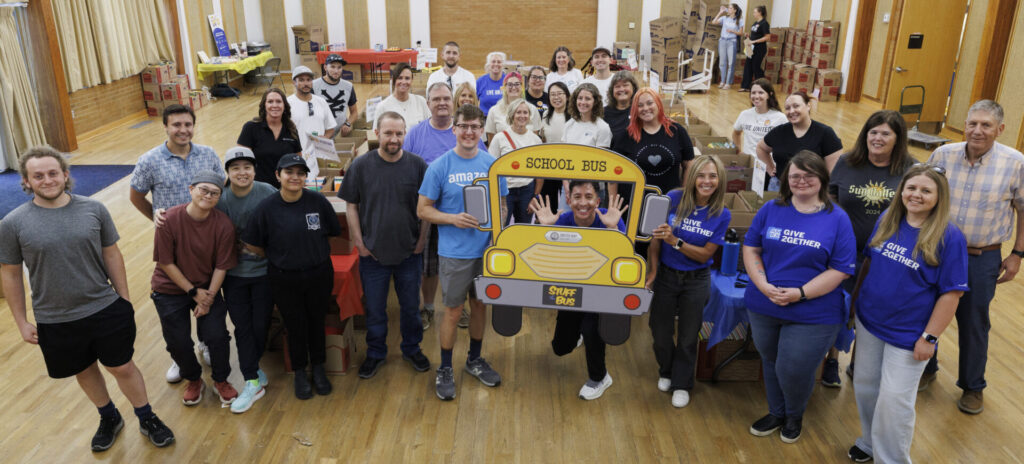
Stuff the Bus 2025 Provided School Supplies for 10,000 Students
This Summer, United Way of Salt Lake rallied corporate and community volunteers to deliver the 15th year of our Stuff…
[Read More]
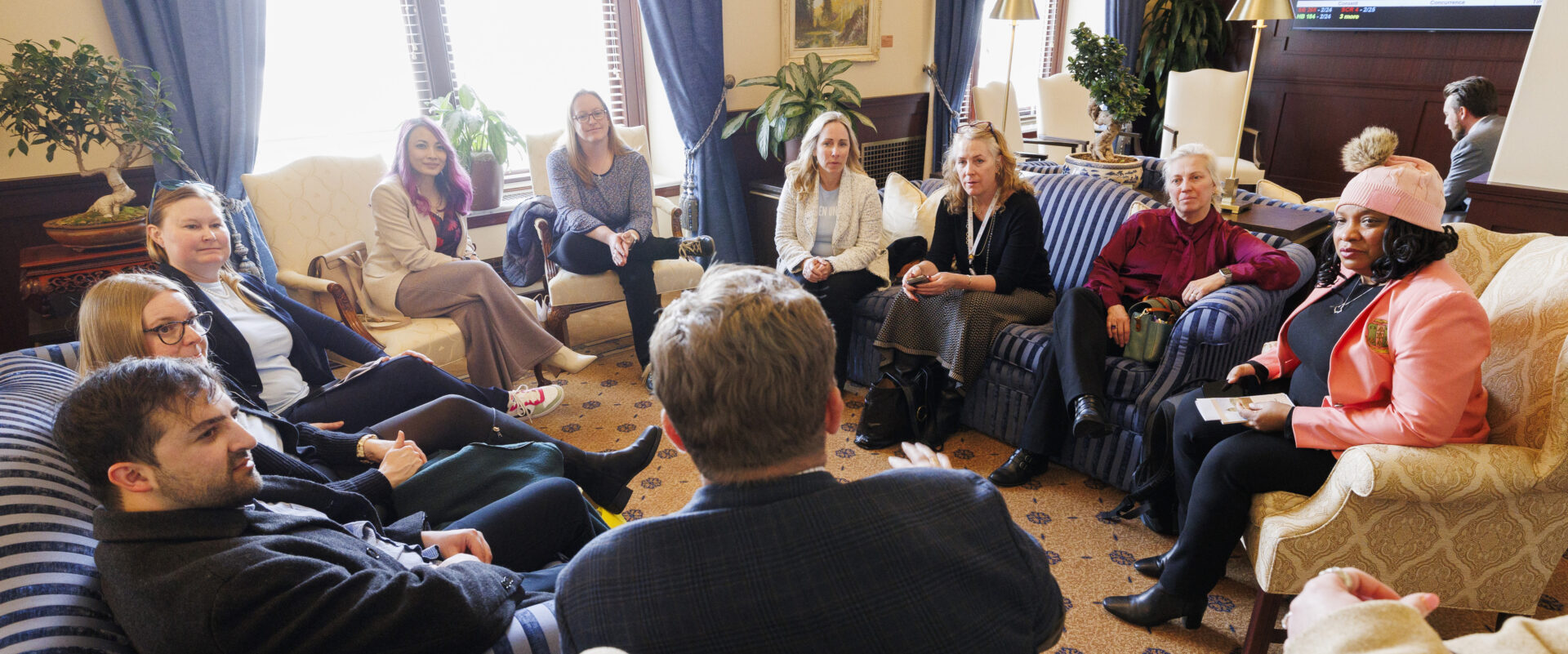
Policy Matters – August
New Look, Same Commitment to Advocacy While United Way of Salt Lake’s website and Policy Matters newsletter may look a…
[Read More]

Celebrating Scholars
On May 20 at Millcreek City Hall, we celebrated new and graduating recipients of the Deborah S. Bayle Scholarship Fund…
[Read More]
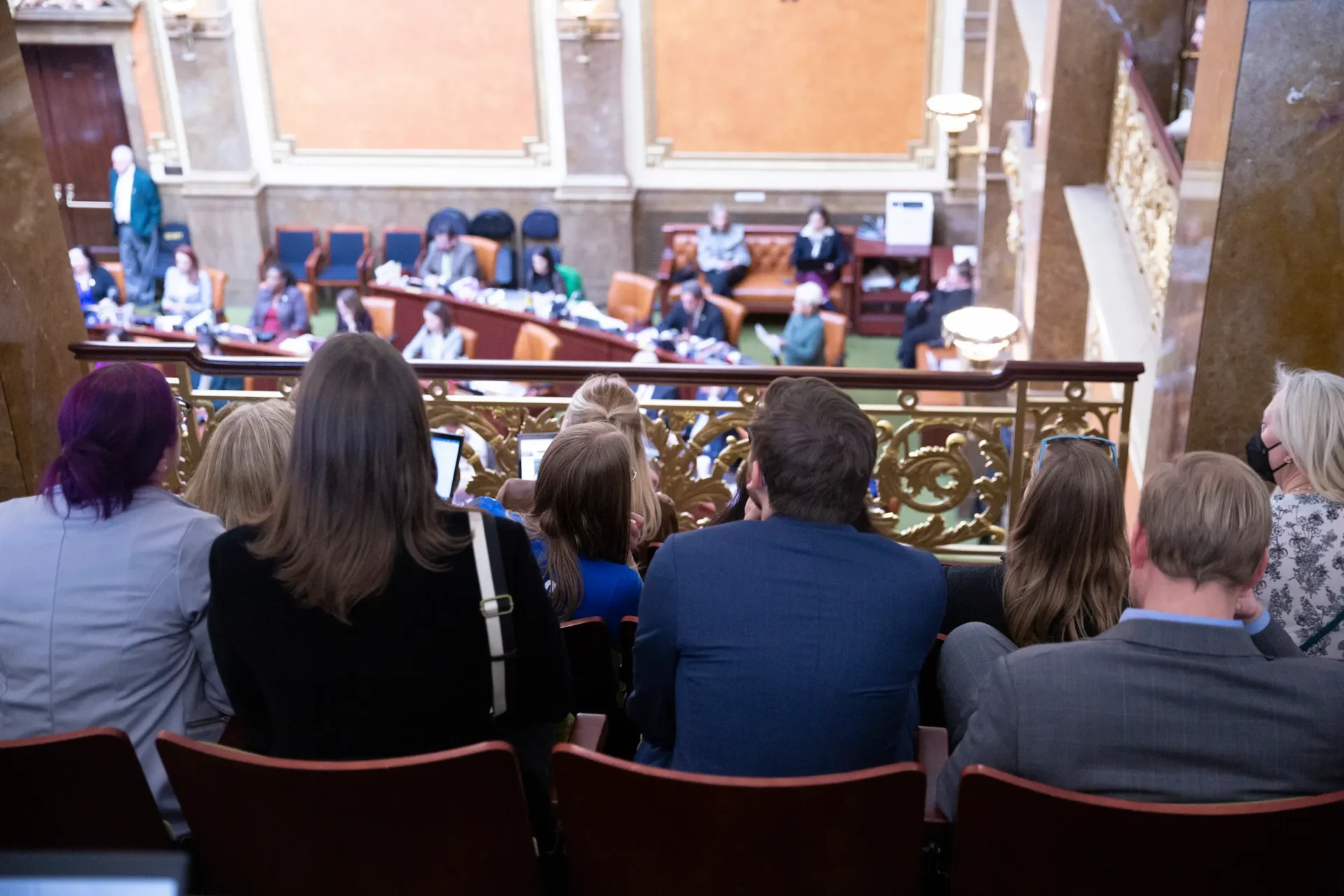
2025 Legislative Session Recap
This was a difficult legislative session with some wins, partial wins, and a number of losses. Utah lawmakers passed 582…
[Read More]
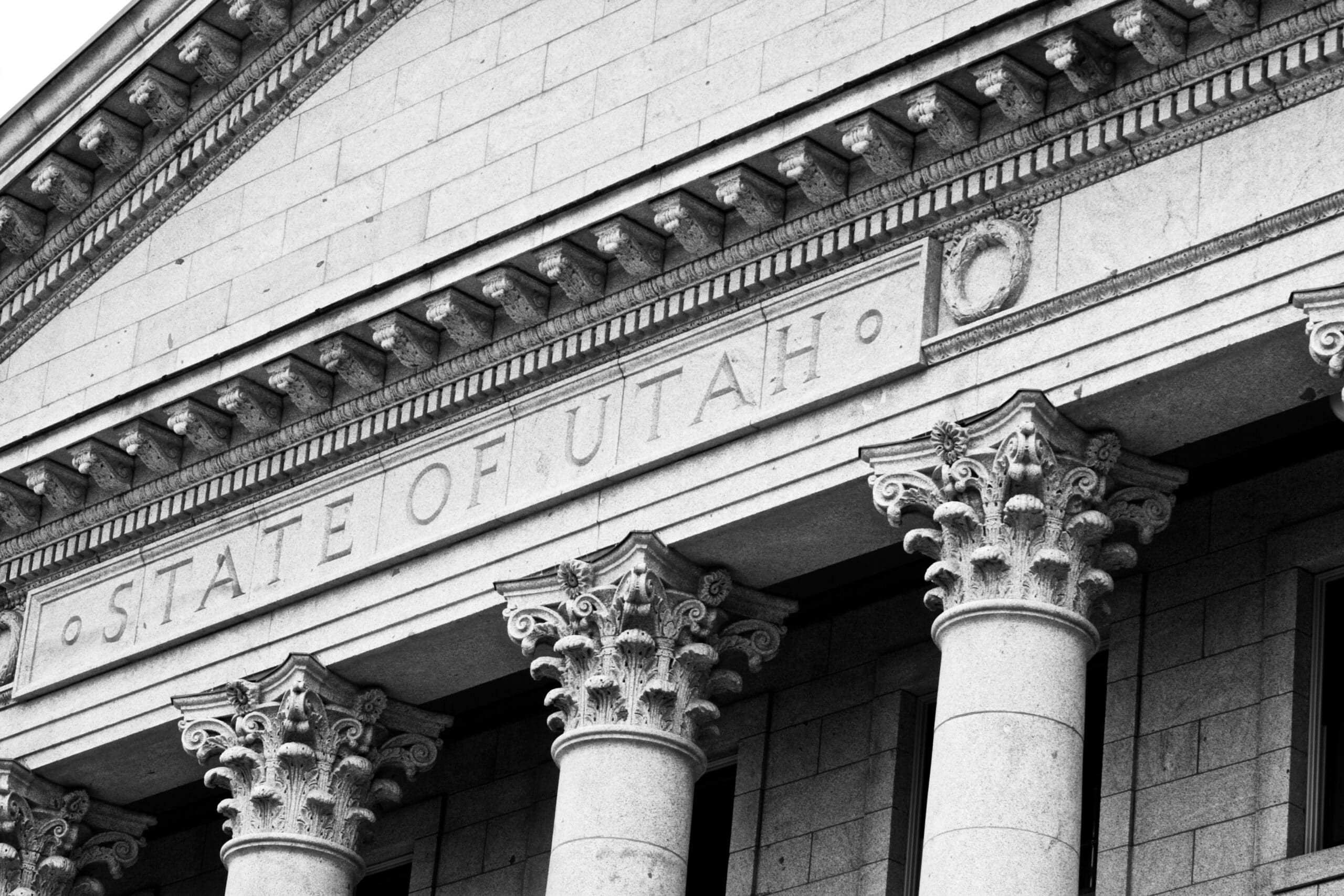
2025 Legislative Priorities
The 2025 General Session is poised to be a busy one, with many opportunities to bring about systemic changes that…
[Read More]
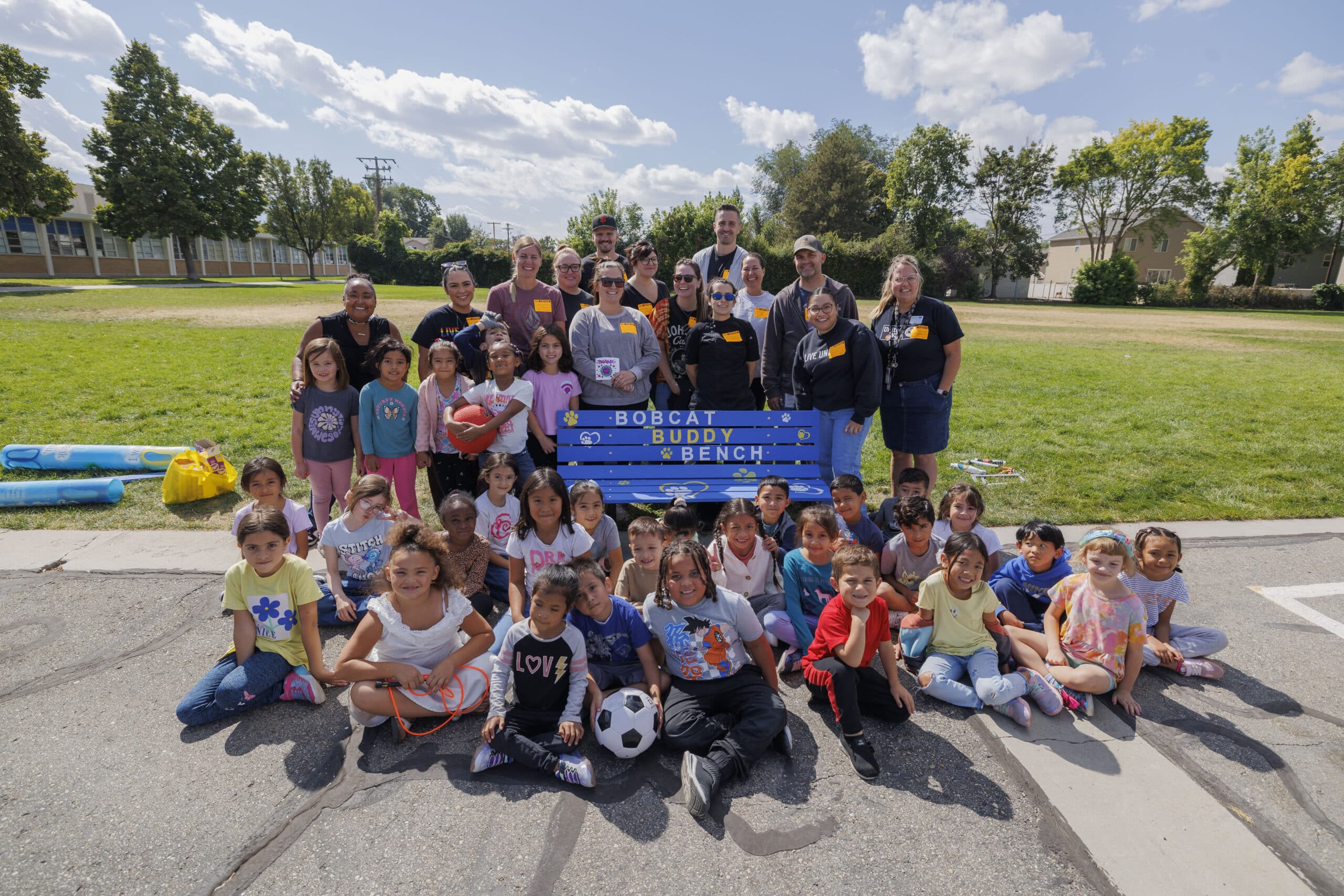
Day of Caring 2024: Volunteers Give Back Through Service Projects in Schools and Nonprofits
On September 12, United Way of Salt Lake celebrated the 31st annual Day of Caring–one of our Year of Action…
[Read More]

United Way of Salt Lake Leader Appointed to The Women United Global Leadership Council
Amber Gracanin was appointed to serve on United Way Worldwide advisory body to provide strategic direction on issues impacting women…
[Read More]
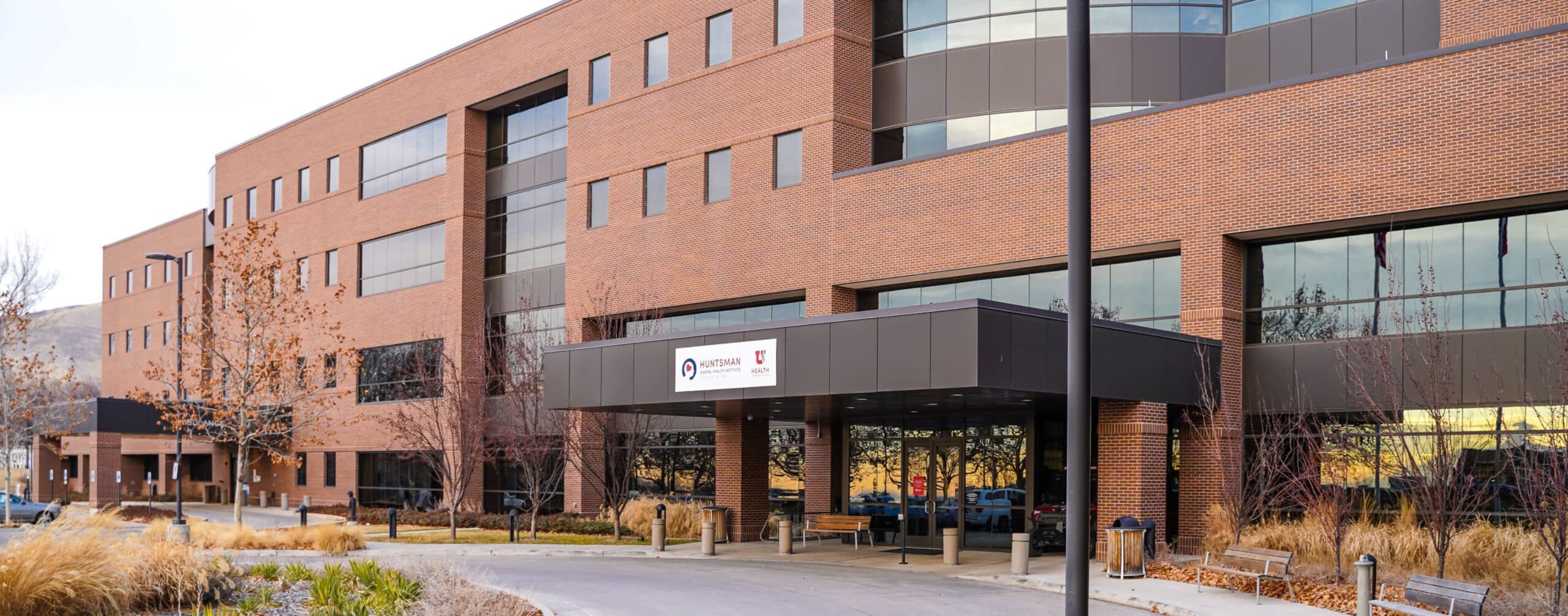
Huntsman Mental Health Institute Offers Knowledge, Hope, and Healing
Mental Health Awareness Month Community Spotlight For Mental Health Awareness Month, United Way of Salt Lake is highlighting a community…
[Read More]
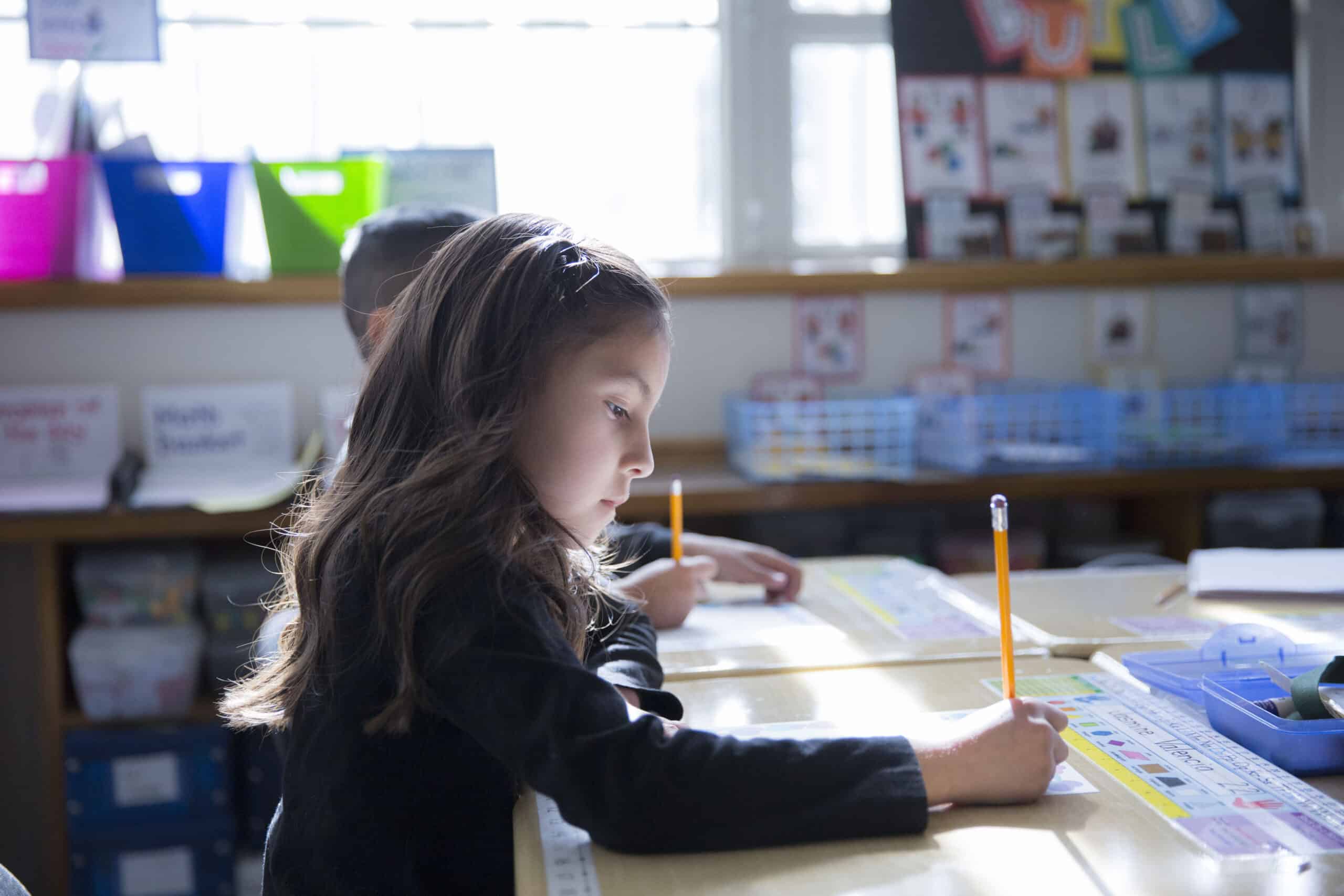
Investing in our Future
United Way of Salt Lake champions innovative project to provide high-quality preschool for Utah children. What Was the Project? …
[Read More]
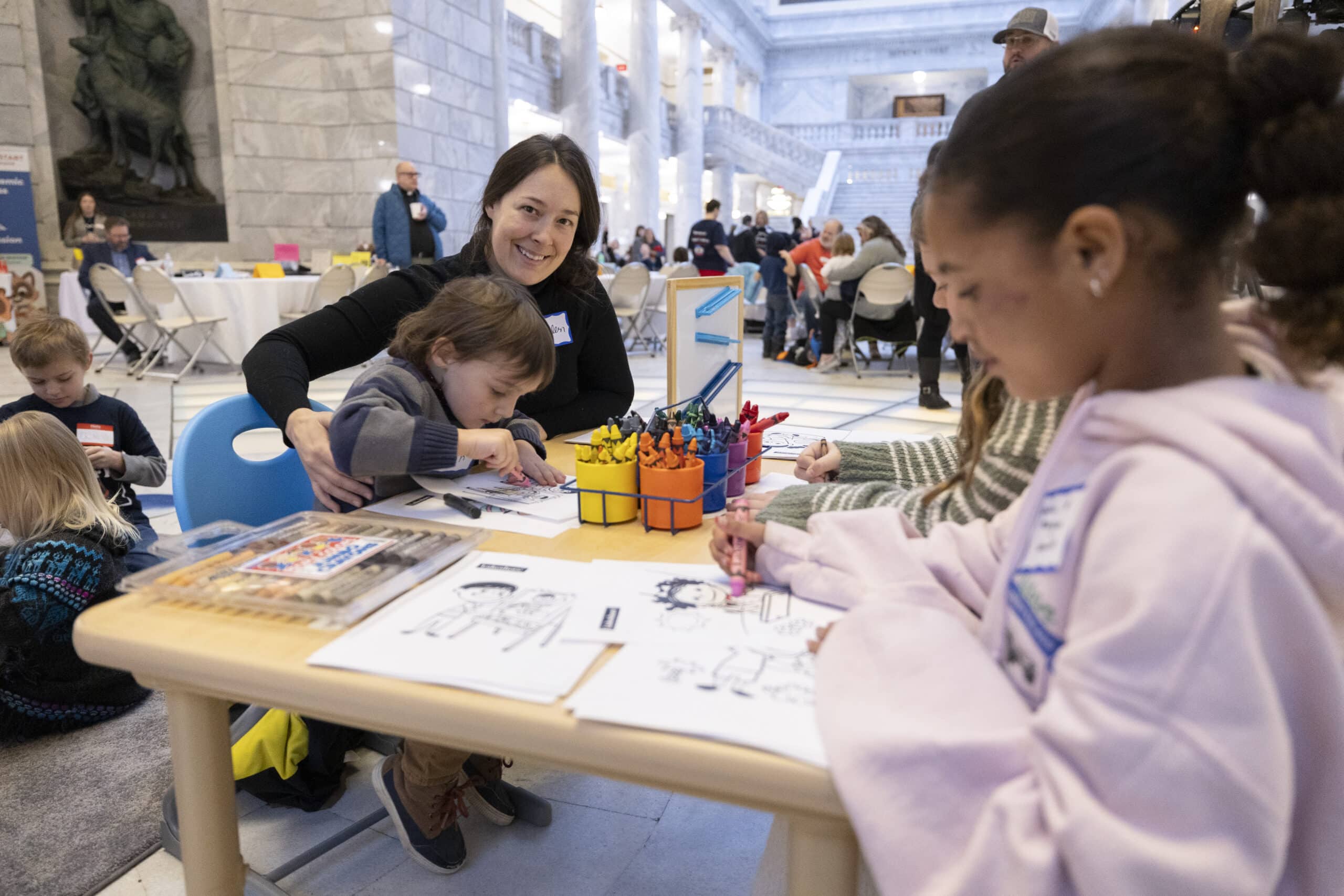
Cross-State Solutions to Strengthen Utah’s Child Tax Credit
Our state’s child tax credit ranks in the lowest category in terms of impact compared to states like Minnesota and…
[Read More]

Promise Partnership Receives National Recognition for Systems Transformation Work
United Way of Salt Lake supports the Promise Partnership of Utah, which includes the work of hundreds of partners, volunteers, and donors…
[Read More]
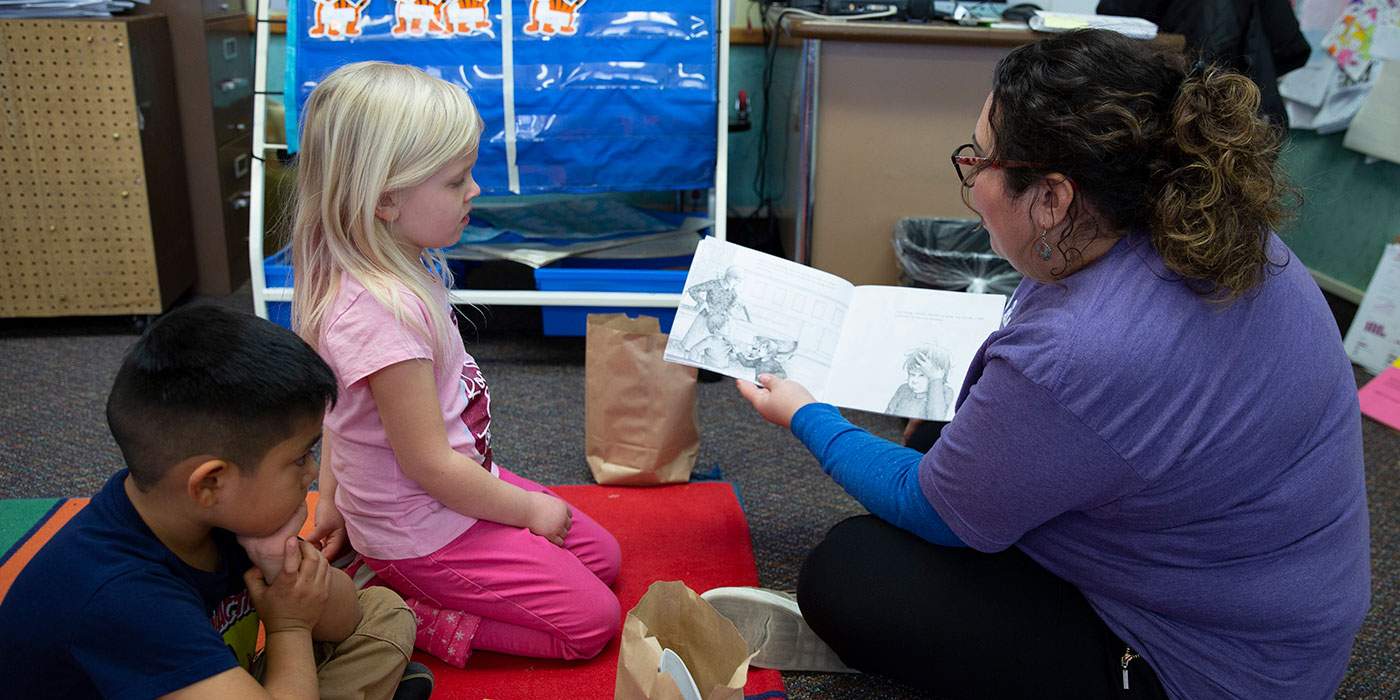
Four Accomplishments of United Way of Salt Lake in 2018-2019
United Way of Salt Lake has a clear purpose: to build equity and opportunity for every child, every step of…
[Read More]
